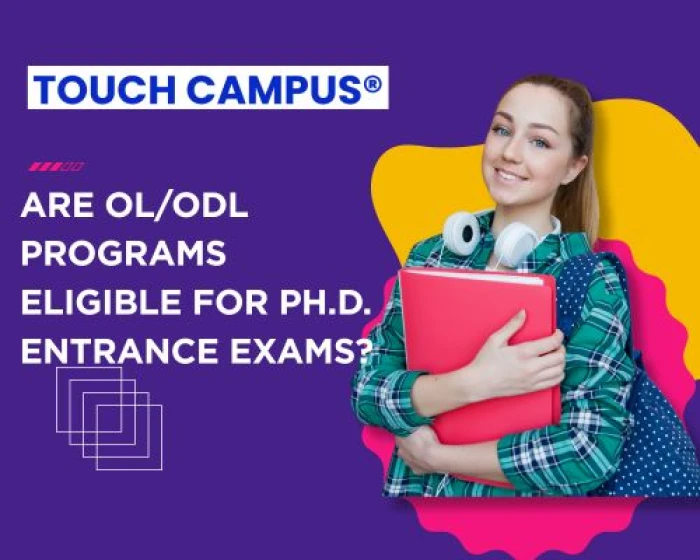Blog Body:
One of the most common questions Indian students ask is:
“How do online degrees manage practical subjects?”
It’s a fair question. After all, subjects like science, computer applications, engineering, and even nursing require hands-on experience, not just theory.
Thanks to technology and flexible education models, online degrees do include practical training—just in different formats.
Let’s explore how.
? 1. Virtual Labs
For science, computer science, and engineering programs, universities offer virtual labs where students can:
Perform experiments in a simulated environment
Use interactive software to understand lab processes
Repeat experiments to learn at their own pace
Examples include:
IIT Bombay’s Virtual Labs
Amrita Vishwa Vidyapeetham’s Online Lab Platform
SWAYAM virtual lab modules
These platforms are safe, accessible, and ideal for foundational learning.
? 2. Live Demonstrations
In some courses, especially in medical or life sciences, instructors conduct:
Live video-based practical sessions
Step-by-step demonstrations
Real-time Q&A with students
These sessions are often recorded so students can rewatch and revise later.
? 3. Simulation Tools
Many universities use simulation-based software that mimics real-world scenarios. This is common in:
Business and management (case simulations)
Engineering (design and testing tools)
Healthcare (anatomy models, diagnostic simulations)
These tools offer real-time feedback and help build skills through practice.
? 4. Hybrid Mode (Offline + Online)
Some UGC-approved online programs follow a hybrid model, where:
Most of the course is online
Practical sessions are held in-person at designated centers
This could be during:
A weekend workshop
A short-term residential session
Final year project or viva at the university campus
This blended approach ensures practical learning without full-time attendance.
? 5. Home Assignments and DIY Kits
For subjects like environmental science, food technology, or early education, students may receive:
Home lab kits
DIY practical assignments
Instructions to perform simple experiments at home and report findings
✅ Things to Keep in Mind:
Before enrolling, make sure the university:
Is UGC-approved
Has a clear plan for practical components
Offers access to virtual labs or offline options if needed
Provides proper certification and transcripts mentioning practical work
Final Thoughts:
Online degrees have come a long way—they’re no longer just about reading materials and quizzes. With the help of virtual labs, simulations, and hybrid learning, students can now get hands-on training from the comfort of their homes.
If you're planning to pursue an online course, don't worry—you won't miss out on practical knowledge, as long as you choose the right university.







